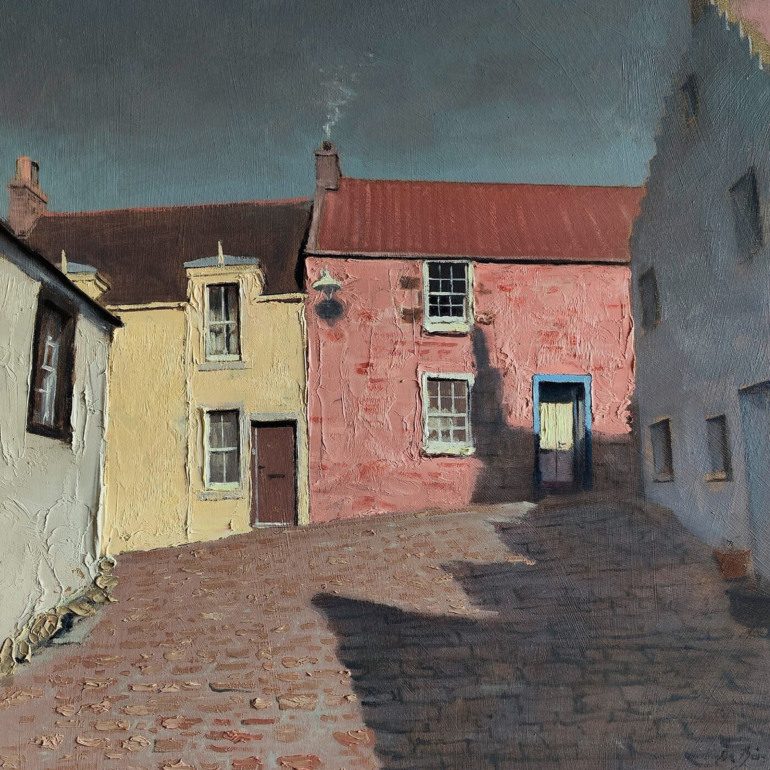

Good health to grieving minds
Previously known for his work with The Coral, Bill Ryder-Jones, has managed to carve out a successful solo career in the process. From an instrumental concept album based on an Italian novel to a minimalist folk album that contains a mix of his influences (most notably Bill Callahan), Ryder-Jones’ discography is certainly as varied as the instruments he plays. Now in the beginning of the new year, Ryder-Jones has released his first album since 2019’s Yawny Yawn. With Iechyd Da (which means ‘good health’), Ryder-Jones produces his most lush and distilled work to date.
A cohesive collection of tracks that mixes chamber pop instrumentals with melancholic songwriting about grief and hope, Iechyd Da makes its distinctions in its earliest moments. The first track “I Know That It’s Like This (Baby),” starts slow and introspective before picking up the tempo, becoming joyous and uplifting, and ending on a somber note as the lyrics portray a grand realization. The next track “A Bad Wind Blows in My Heart Pt. 3” portrays the inner and personal turmoil of lost loves, as Ryder-Jones express this grief with sharp and exceptional lyricism. Somberness and grief are then replaced on the next two tracks as “If Tomorrow Starts Without Me” and “We Don’t Need Them” have a feeling of an optimism that has been tested, coming out as an uplifting triumph. All this comes to a head where the first half of the album closes off with “This Can’t Go On.” A song that is easily the standout as Ryder-Jones showcases the full range of themes from the previous songs, while also demonstrating the breadth he has as a composer.
The second half of the album, starts off with “…And the Sea….” A mellow midpoint that has a baritone spoken word section played over a lush slow chamber pop instrumental, transitioning the listener toward what’s to come. The next two tracks “Nothing to Be Done” and “It’s Today Again” showcase Ryder-Jones channeling his inner David Bowie in terms of vocals and songwriting. “Nothing to Be Done” is full of thumps and thuds of rich timbre whereas “It’s Today Again” comes in like a more subtle “Space Oddity,” making the Bowie comparisons more prevalent. At this point the listener may feel disinterested with the consistent tone of album, fortunately the next three tracks offer up a shift in tone as the lush soundscapes are brought down and replaced with a rhythmic drive. “Christinha” is a folk song offering a more dynamic approach to songwriting, as the vocals and instruments shift between tempos in the verse and chorus (adagio and andante). “How Beautiful I Am,” while not as strong as “Christinha,” is still charming and fanciful if a little plain-spoken. While the penultimate track “Thankfully for Anthony” plays off as a tender confession of the fearful struggles the album represents, the last track is made all the more appropriate as “Nos Da” closes the album’s narrative. With a calm peace that portrays a fleeting hope, this ending nonetheless instills the desire to latch onto it.
A raw and intimate work, this album talks about the loss and struggles of life that are all too relatable. At its best it draws you in to the main narrative with honest and savagely compassionate lyrics and ornate composition. In its more routine moments, it allows you to wander aimlessly while drifting past a serene landscape with melancholic thoughts running in the background of the mind. Iechyd Da is definitely the first outstanding release to come out of the new year and for Bill Ryder-Jones this album is no doubt one of his finest and creative moments in his career.
